Sharmila Tagore
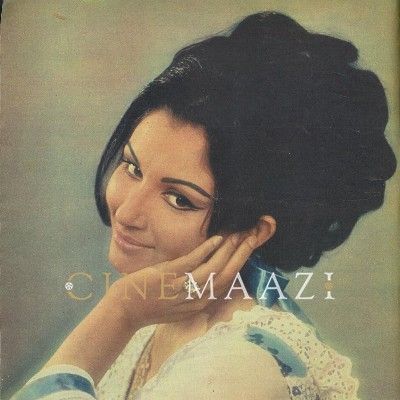
Subscribe to read full article
This section is for paid subscribers only. Our subscription is only $37/- for one full year.
You get unlimited access to all paid section and features on the website with this subscription.
Not ready for a full subscription?
You can access this article for $2 , and have it saved to your account for one year.
- Born: 8 December 1944
- Primary Cinema: Hindi
- Parents: Gitindranath Tagore, Ira Tagore
- Spouse: Mansoor Ali Khan Pataudi
- Children: tabu , Soha Ali Khan
- Grand Children: Sara Ali Khan
Sharmila Tagore became an international sensation at the age of 15, with her debut feature Apur Sansar (1959), the final part of Satyajit Ray’s acclaimed Apu Trilogy. She followed it with Ray’s Devi (1960). Sixty years later, Aparna in Apur Sansar and Doyamoyee in Devi remain the epitome of cinematic performances anywhere in the world. She went on to star in a number of other films by Ray, including Nayak (1966), Aranyer Din Ratri (1970) and Seemabaddha (1971), which became the cornerstone of her international fame.
At the same time, unwilling to be restricted to Bengali cinema, she ventured into Hindi cinema with a blockbuster like Shakti Samanta’s Kashmir Ki Kali (1964), starring opposite Shammi Kapoor. A number of box-office hits followed, making her the numero uno star of the decade. These include evergreen musicals like An Evening in Paris (1967) and Waqt (1965), culminating in the biggest film of the era, Aradhana (1969), where she risked playing mother to the hero, at the age of 25. The film fetched her a Filmfare Award for best actor. At the same time, she also acted in offbeat films like Anupama (1966) directed by Hrishikesh Mukherjee, which demonstrated her acting prowess and garnered tremendous critical acclaim.
She remained one of the top stars of the 1970s, making an immensely successful on-screen pairing with the era’s superstar Rajesh Khanna. However, even in these films she made an impact with her performances in films like Asit Sen’s Safar (1970), Samanta’s Amar Prem (1972) and Basu Bhattacharya’s Aavishkar (1974). She won a National Award for her double role in Gulzar’s Mausam (1975), while delivering a superlative act in Namkeen (1982).
Sharmila Tagore also appeared in international productions like Mississippi Masala (1991) as well as a number of Bengali films. Working with celebrated directors of Bengali cinema like Rituparno Ghosh (Shubho Mahurat, 2003), Goutam Ghose (Abar Aranye, 2003) and Aniruddha Roy Chowdhury (Antaheen, 2009), she has remained active onscreen in both languages.
She was chairperson of the Central Board of Film Certification from 2004 through 2011, in what is generally regarded as the CBFC’s most liberal and enlightened period. In 2005, she also served as UNICEF Goodwill Ambassador. Sharmila Tagore was one of the international jury members at the 2009 Cannes Film Festival. For her immense contribution to cinema in India, she was awarded the Padma Bhushan, the third highest civilian honour, by the Indian government in 2013. She is also a recipient of the Filmfare Lifetime Achievement Award.
References
Filmfare, 7 June, 1968
Filmfare, 3 November, 1972
Filmfare, Dec 12-25, 1975
Nandini Ramnath, “Documentary ‘Starring Sharmila Tagore’ is an incomplete portrait of a life less ordinary”, Scroll.in, https://scroll.in/reel/937419/documentary-starring-sharmila-tagore-is-an-incomplete-portrait-of-a-life-less-ordinary (accessed 21 January, 2020)
Hemchhaya De, “The life and times of Sharmila Tagore”, Femina, https://www.femina.in/celebs/indian/the-life-and-times-of-sharmila-tagore-116757.html (accessed 21 January, 2020)
Filmfare 27 August, 1971
-
Filmography (64)
SortRole
-

Fool N Final 2007
-
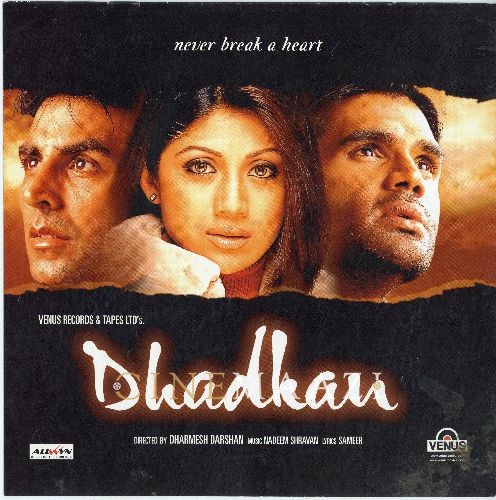
Dhadkan 2000
-

Aashik Aawara 1993
-
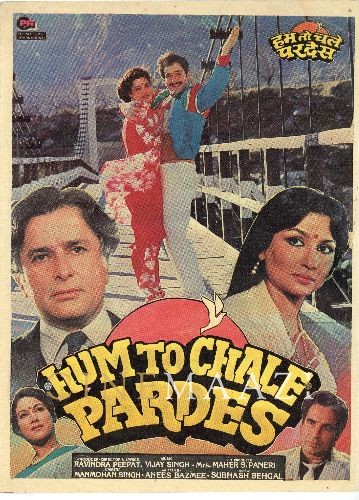
Hum To Chale Pardes 1988
-
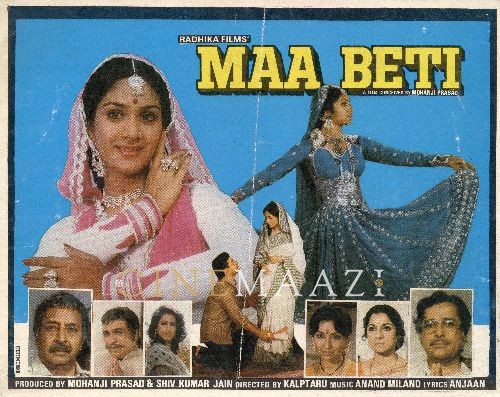
Maa Beti 1987
-
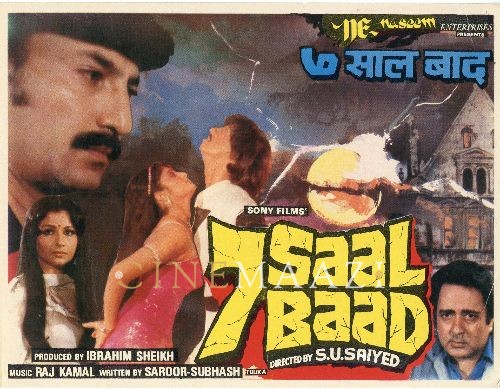
7 Saal Baad 1987
-
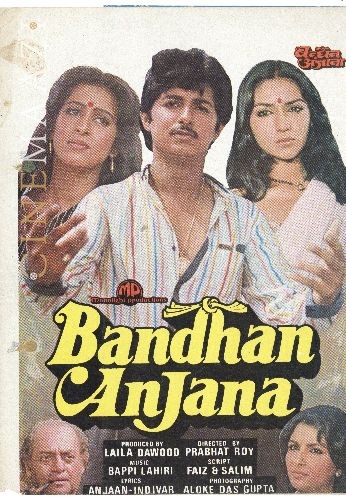
Bandhan Anjana 1985
-
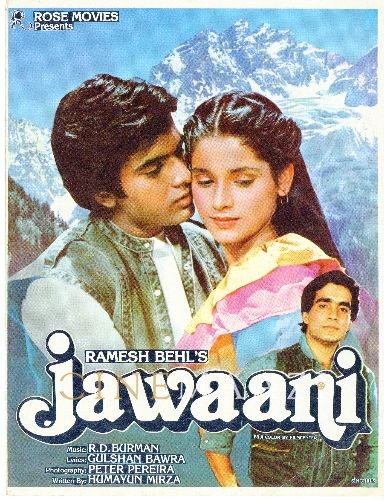
Jawaani 1984
-
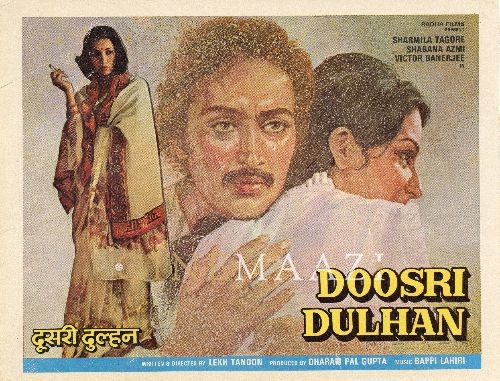
Doosri Dulhan 1983
-
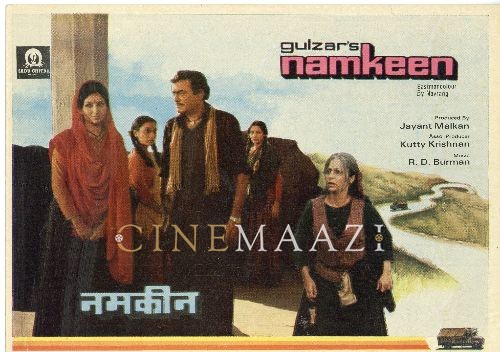
Namkeen 1982
-
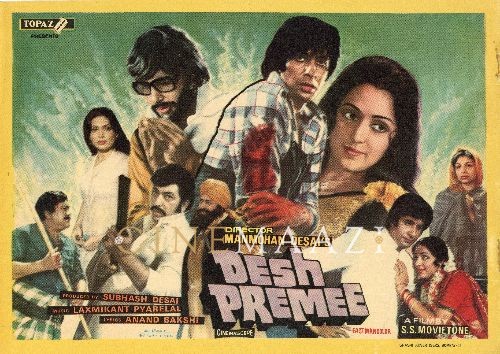
Desh Premee 1982
-
Kalankini Kankabati 1981
-






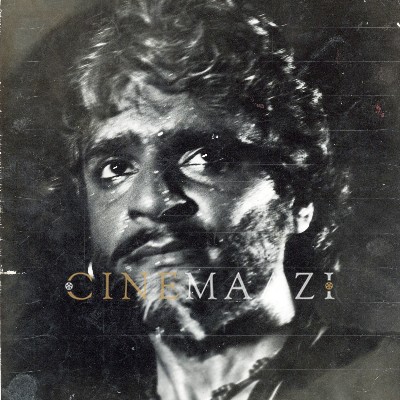


.jpg)



